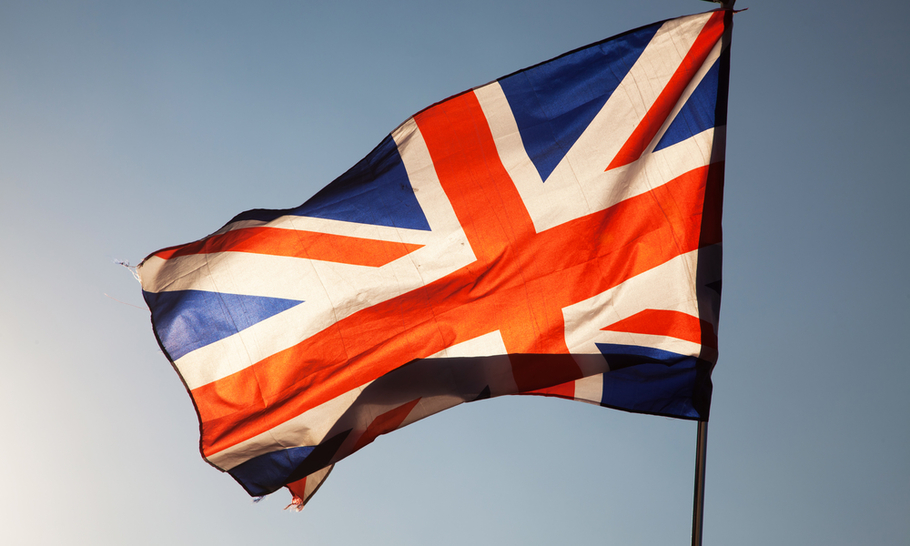The future of Northern Ireland and the fate of the union could rest on the next few hours

For those of us who want a deal with the European Union, which is to say most of us, it’s easy to lose perspective as we get closer to that goal. We’re so keen to see agreement that we brush aside any pesky objections without scrutinising them properly. It’s been such a long negotiation that this instinct is perfectly understandable.
It’s no wonder that some people, even keen Brexiteers, are starting to express frustration with unionists in Northern Ireland. If it weren’t for arguments over the Irish border, the UK would surely have left the EU by now. Every time a deal seems close, an obstinate Ulsterman or woman appears on the TV or radio explaining that it’s not acceptable.
This situation tests the resolve of professed unionists in Great Britain who also want desperately to ‘get Brexit done’. Jacob Rees-Mogg hinted over the weekend that he may be forced to ‘eat his words’ over a customs border in the Irish Sea if the alternative is remaining in the EU past Boris Johnson’s self-imposed Hallowe’en deadline.
Viewed from his side of the Irish Sea, sacrificing Northern Ireland to bring about a Canada style deal for the rest of the UK must be a tempting prospect. It’s hard not to have some sympathy for that perspective but it’s also necessary to understand why most Northern Irish unionists cannot simply accept being politically and economically cut off from the rest of the country. The province’s place in the UK is at stake in these negotiations. And the wrong deal will provide encouragement for Scottish nationalists too.
Boris Johnson’s proposals for a backstop replacement seemed to most unionists like an exceptionally generous concession. The prime minister offered to drive a regulatory border through the UK’s internal market as a way of meeting the EU’s demand that Northern Ireland remains under its authority.
The DUP, which much of Britain considers a party of intractable diehards, was so desperate for a deal and an end to the debate about Ulster’s future, that it was prepared to go along with Johnson’s scheme. Yet, as predicted, a partial annexation of Northern Ireland did not satisfy the ideologues in Dublin and Brussels.
Now that negotiations have entered the EU’s fabled ‘tunnel’, we’re less certain that leaks about the government’s dealings with the commission are accurate. We know that the EU reopened negotiations on the withdrawal agreement after Boris Johnson made the Irish prime minister, Leo Varadkar, an offer on customs.
We think this involves companies from Northern Ireland paying tariffs when they buy goods from the British mainland, which they are then entitled to recoup if the products are sold domestically.
If these rumours are true, then contrary to every reassurance they’ve previously received from the British government, unionists are being asked to accept both customs and regulatory borders in the Irish Sea. Even if Northern Ireland formally stays in the UK customs area, businesses will encounter serious barriers to trading in by far their biggest market, which is Great Britain.
Many companies, whose representative organisations have focussed almost exclusively on possible disruption to north-south trade, arguably deserve this fate. Several high-profile firms in Northern Ireland have gone bust recently because of cashflow problems, so incurring extra costs, even if they are temporary, will certainly result in job losses and bankruptcies. The economist, Esmond Birnie, yesterday estimated that businesses could pay £500 million in duty up-front each year.
Even the regulatory border proposed by Boris Johnson and supported by the DUP threatened to complicate supply chains from Great Britain to Ulster and disrupt the way that national retailers stock their outlets here.
It’s all very well for armchair negotiators to rail at the DUP or Conservative ‘hard-liners’ because they’re blocking Brexit, but leaving the EU is not the only factor that they’re being asked to consider. Brussels is demanding that Northern Ireland’s relationship with the rest of the UK is completely upended, in order to protect its links with the Republic of Ireland. They might decide that accepting a deal, if it emerges, is the least worst option, but they are obliged to consider their response exceptionally carefully.
Even before the exact detail of any deal emerges, we can tell that unionists will be asked to accept difficult compromises, primarily to assuage the concerns of Irish nationalists. The trite argument is that the UK’s decision to leave the EU created these difficulties, and the DUP campaigned to bring about that outcome, so they are obliged to clear up any mess to the satisfaction of Dublin and Brussels.
This logic either ignores or misinterprets the ‘principle of consent’ that underpins the Belfast Agreement. Northern Ireland’s place in the UK is guaranteed by that principle, and its people have as much right as British citizens in the rest of the country to participate in a nationwide referendum and receive equal treatment when the result is implemented. A bad deal will confirm that British citizenship in Ulster is a second-class form of citizenship, that doesn’t carry the full range of political entitlements enjoyed in Great Britain.
The DUP and its friends in parliament have a heavy responsibility to bear over the coming hours. Their decisions are likely to affect the future of Northern Ireland and the fate of the Union. That, rather than short-term political considerations or the prospect of financial gain, should guide their thinking.





